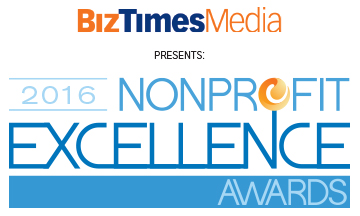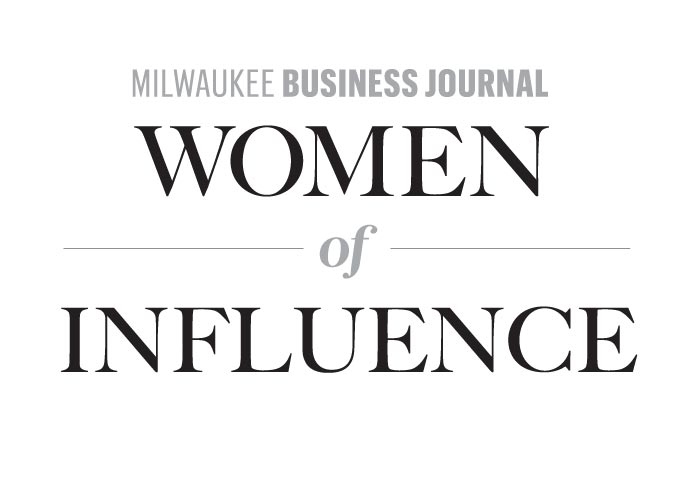Waisman Center Day with the Experts: Down Syndrome Saturday, March 18, 2017
9:00 a.m.-12:15 p.m.
(Complimentary coffee & bagels at 8:30 a.m.)
Friends of the Waisman Center Auditorium
1500 Highland Ave
Madison WI 53705
Everyone welcome. Free admission and parking.
Learn about advances in research and clinical services and hear from a panel of experts-individuals with Down syndrome and family members.
REGISTRATION:
To register, please visit waisman.wisc.edu/events-experts-ds2017.htm
Hosted by the Madison Area Down Syndrome Society and the Waisman Center, University of Wisconsin-Madison
Sponsored by the Friends of the Waisman Center and The Evjue Foundation
SCHEDULE:
9:00 - 9:15 a.m.
Welcome and Introduction to the Waisman Center Albee Messing, VMD, PhD, Professor of Neuropathology and Waisman Center Director
9:15 - 9:45 a.m.
Where is My Child? Safety at Home and When Traveling Amy Lyle, MSSW, Social Worker, Waisman Center Clinics and Waisman Resource Center Julie Hajewski, APNP, Nurse Practitioner, Internal Medicine, UW Health
This talk will discuss practical tips and tools for addressing safety concerns and elopement risk for children, youth, and young adults. We will highlight behavioral strategies, wearable devices, the development of safety plans and modifications for home and travel.
9:45 - 10:15 a.m.
When Young Adults Turn 18: Considerations for Supported Decision-Making Elizabeth Hecht, Senior Outreach Specialist for Public Policy, University Center for Excellence in Developmental Disabilities
Supported decision-making as an alternative to guardianship for individuals with disabilities is an emerging concept. This presentation will includes sources of decision-making support and skill building opportunities for youth and young adults. An explanation of legal tools for decision-making will be discussed, including guardianship, power of attorney (POA) and release of information.
. . . . . . . . . . . . . . . . BREAK . . . . . . . . . . . . . . . . . . . .
10:30 - 11:00 a.m.
Eating to Make A Difference: Why Nutrition Matters for Individuals with Down Syndrome Matthew Rasberry, RD, CNSC, Clinical Dietitian, Waisman Center Clinics
You have probably heard that we should be eating our fruits and vegetables, consuming less junk food, and staying active. Some of us "eat to live" and others "live to eat", but ideally, we should be somewhere in between. With research and clinical experience, we are learning more and more about the importance of good nutrition for individuals with Down syndrome. During this presentation, we will discuss common nutritional issues associated with Down syndrome and provide practical strategies to address these issues and to maximize health and well-being throughout the life course.
11:00 - 11:30 a.m.
Supporting Youth with Down Syndrome During Puberty Susan Heighway, MS, PNP-BC, APNP, Retired Nurse Practitioner
Teenagers with Down syndrome will experience the same physical, hormonal and emotional changes that come with puberty at the same time as other children. To cope with and understand their changing bodies and feelings, youth with Down syndrome need education and guidance. Due to their unique learning needs, it can feel challenging for parents and caregivers to know how to help. There is no "one-size-fits-all" approach in teaching about puberty and sexuality; information and guidance needs to be individualized for each young person with Down syndrome. This presentation will include a review of issues and concerns, a framework for approaching the topics of puberty and sexuality, and approaches and strategies for providing support to youth with Down syndrome and their families.
11:30 a.m. - 12:15 p.m.
PANEL DISCUSSION that includes individuals with Down syndrome and family members






